A new type of superconductor may just be what physicists have been searching for over the past 40 years.
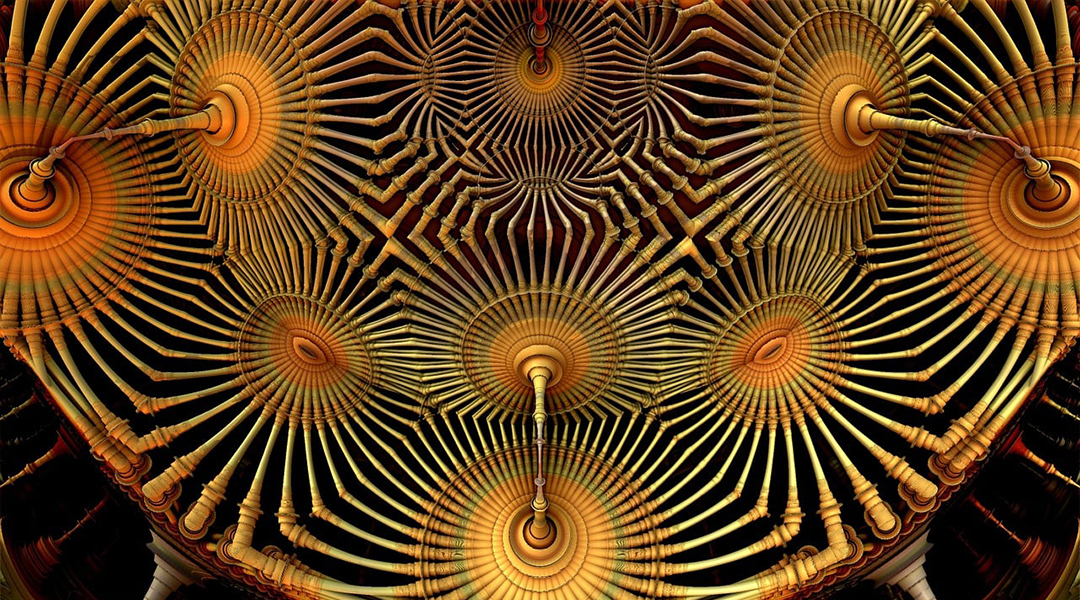

A new type of superconductor may just be what physicists have been searching for over the past 40 years.
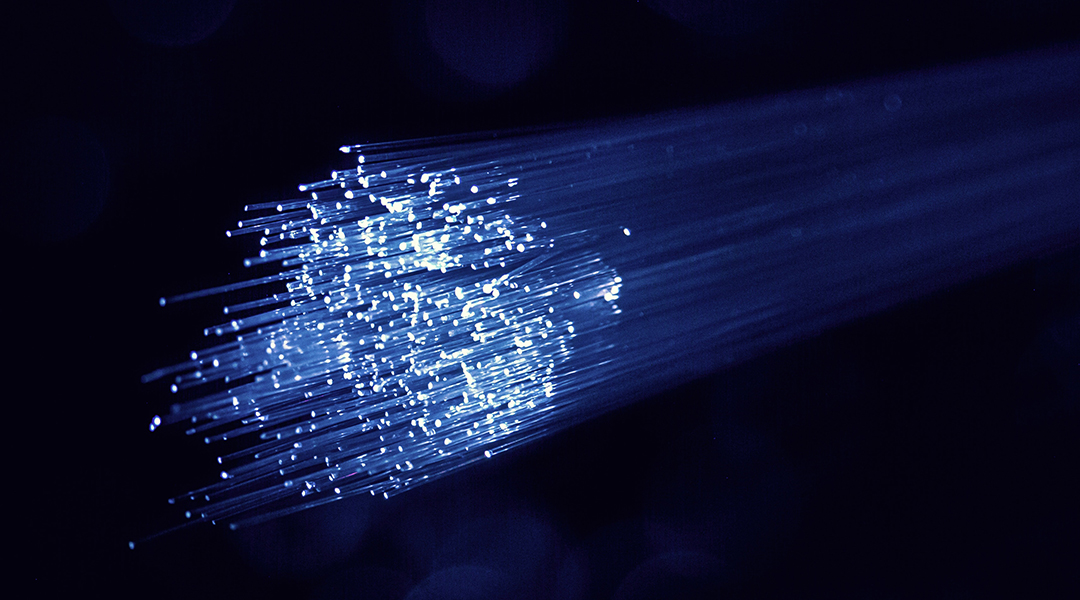
Quantum key distribution is the only way to ensure an absolutely secured connection protected by the laws of quantum physics.
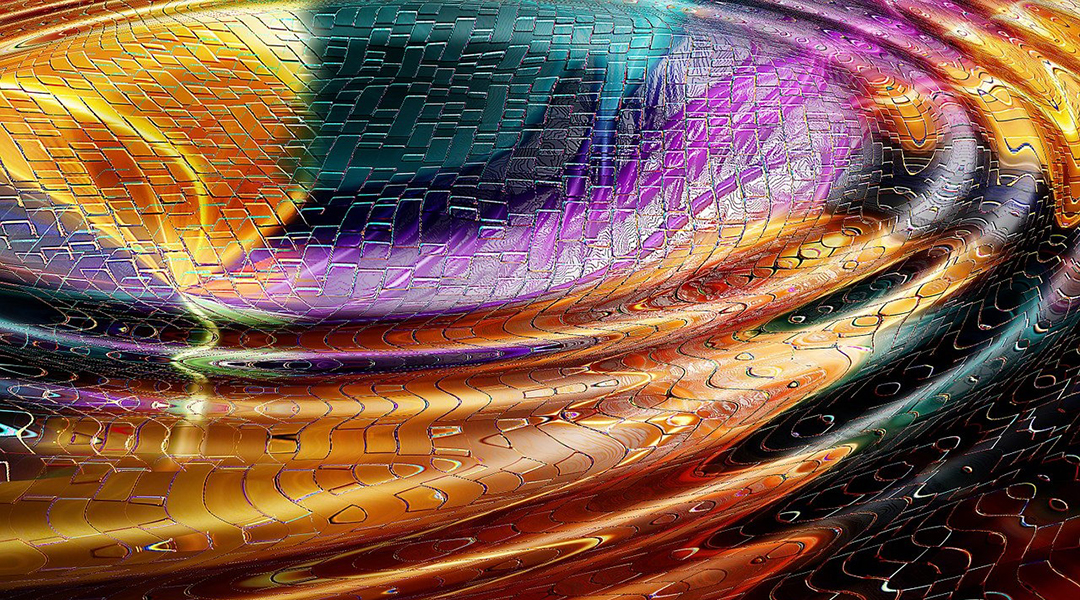
A 15-year study using observed radio signals from the 67 pulsars has concluded that the entire cosmos is filled with undulating gravitational waves.
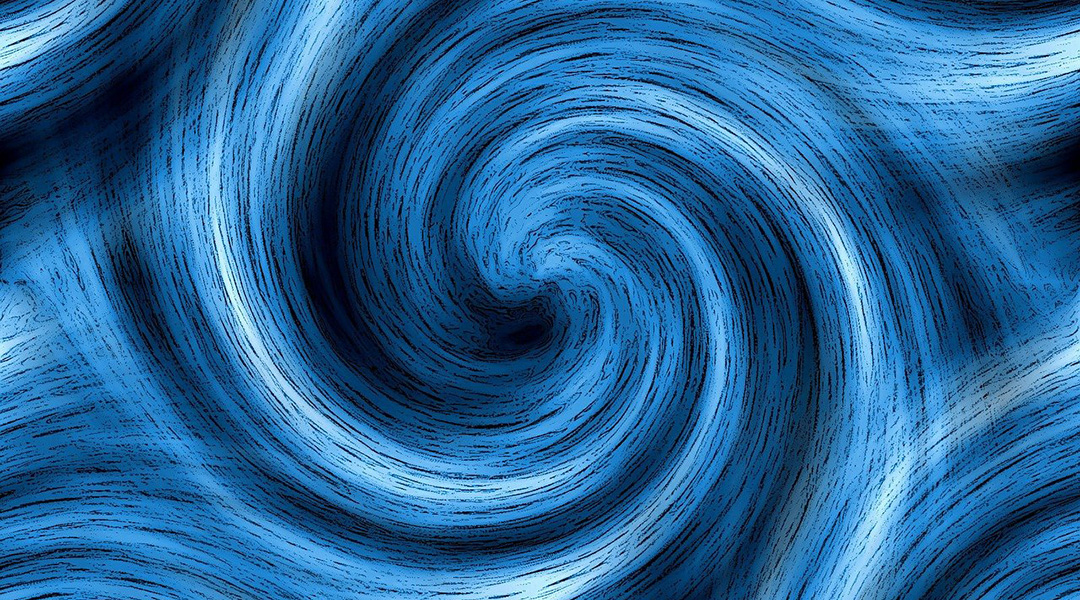
Turbulence is hard to control, but a turbulent blob created using vortex rings provides fundamental insights into this elusive state of matter.
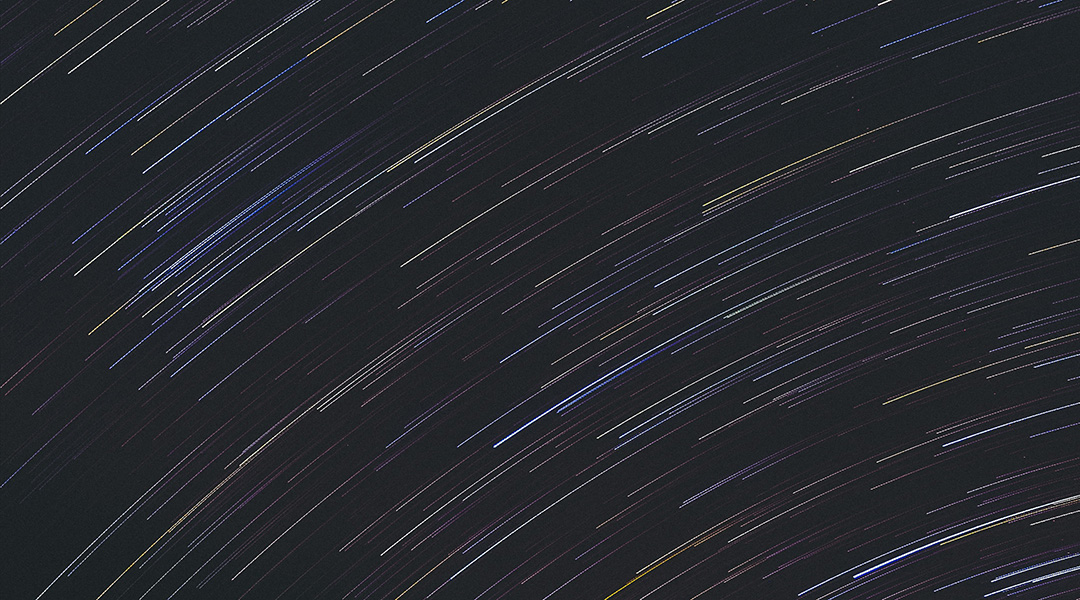
Researchers investigate dark photons as alternatives to dark matter, aiming to detect these particles through experiments involving the conversion of light.
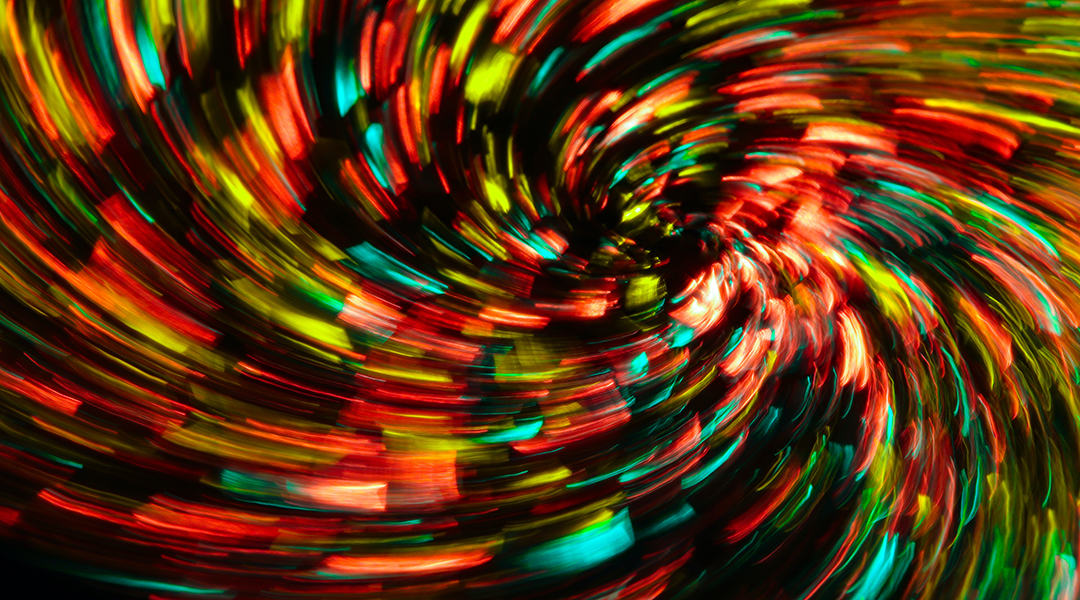
A new approach to understanding gravity helps eliminate some discrepancies inherent in general relativity.
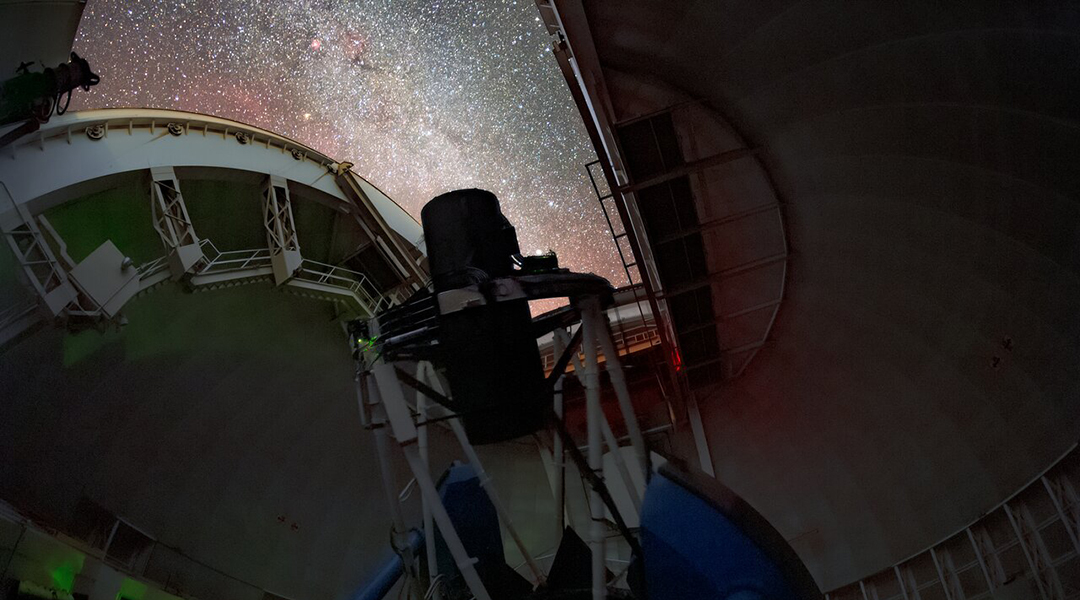
Galaxies, quasars, and stars… oh my! Dark Energy Spectroscopic Instrument (DESI) first data is a small fraction of the huge cosmic survey it will conduct.
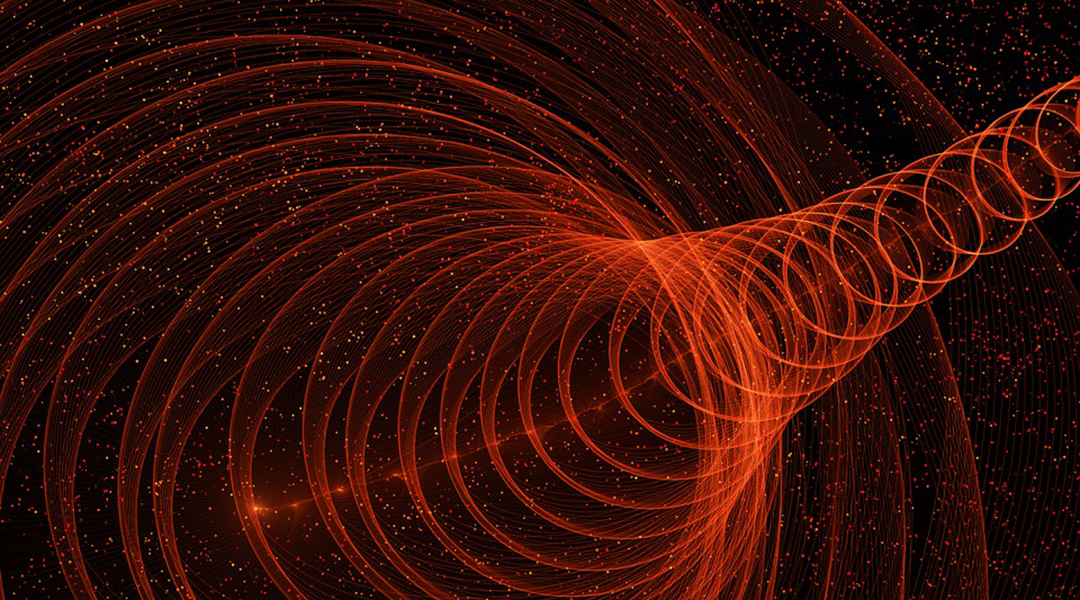
New research reveals that quantum effects defy the universality of free fall, providing a potential experimental pathway to test quantum gravity.
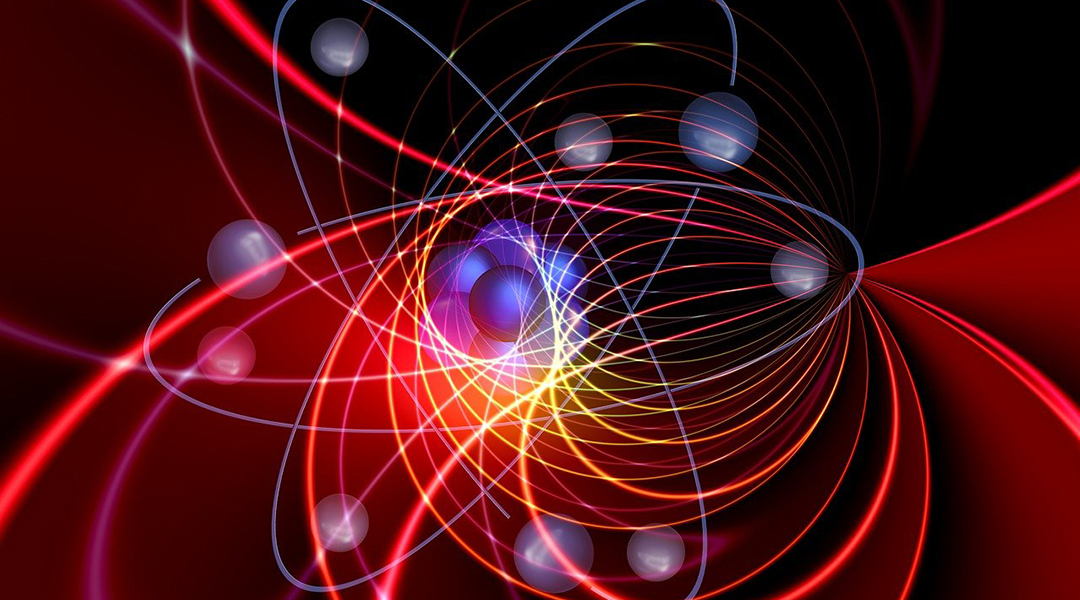
A new technique can detect the X-ray signature of an individual atom, even determining the structure of its electron orbits.
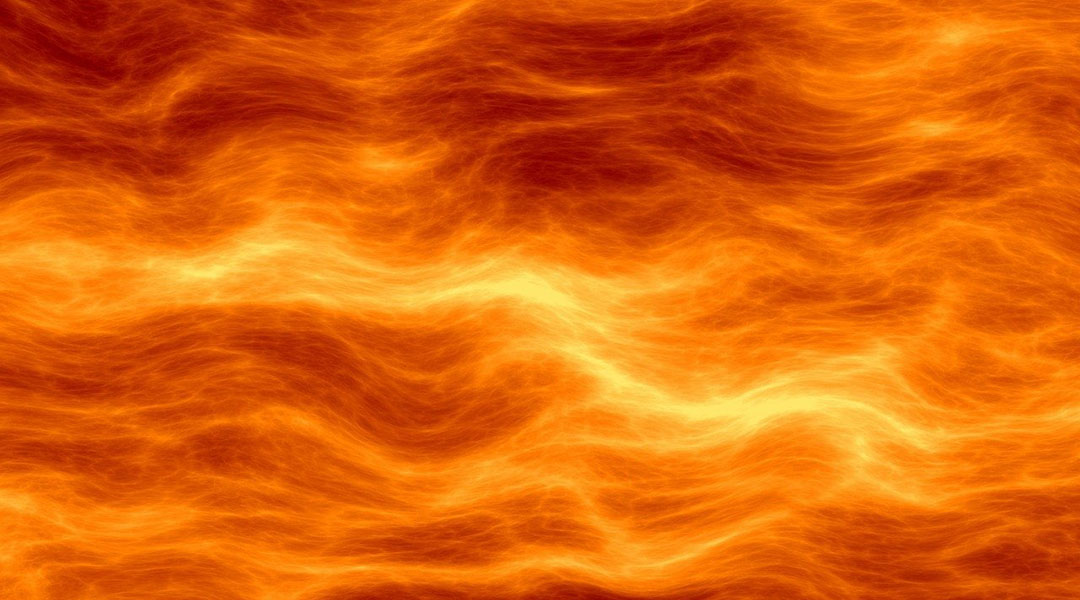
The most compact nuclear fusion reactor built to date could provide a more affordable and sustainable means of future fusion energy.